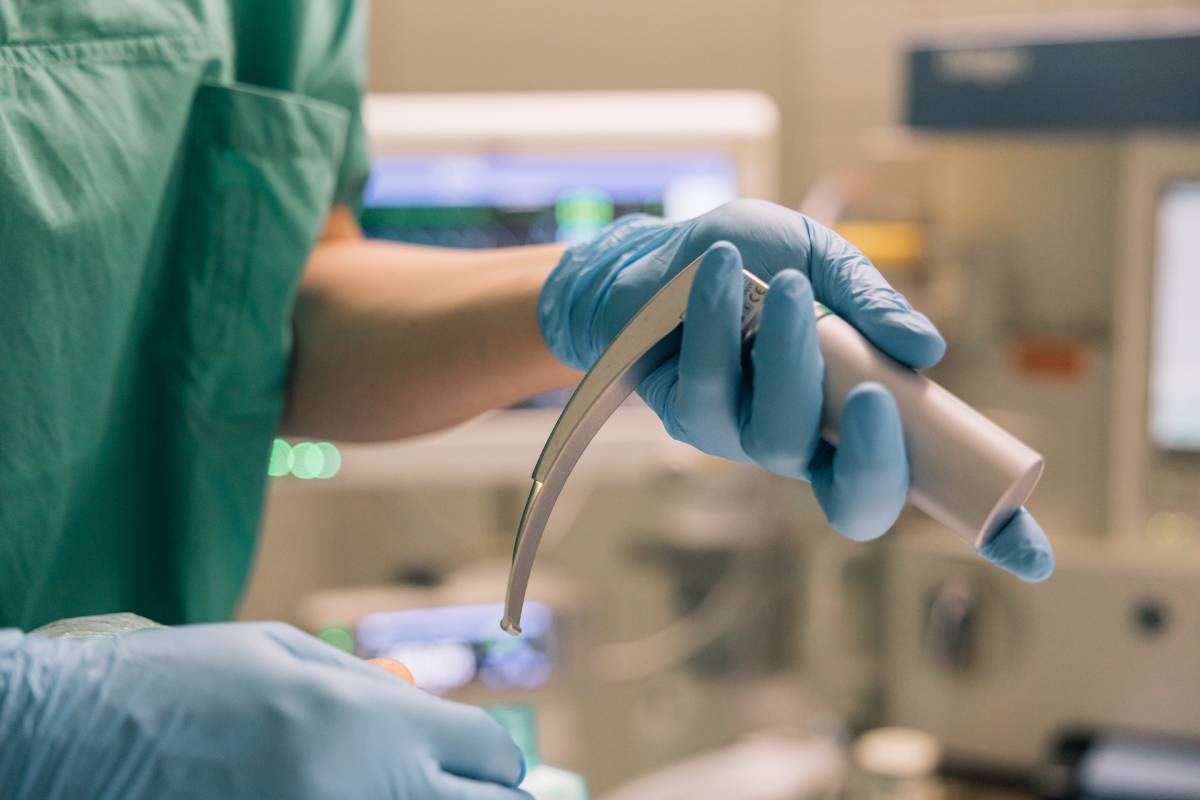Anesthesiology is a dynamic and high-stakes medical specialty that demands precise technical skills, real-time decision-making, and seamless teamwork. Hands-on skills workshops for anesthesiologists are a vital component of continuing medical education and professional development, addressing technical and situational skills beyond what can be learned through lectures.
While anesthesiologists receive extensive training during residency, the field is constantly evolving. New techniques, drugs, equipment, and guidelines emerge regularly. Hands-on workshops offer a safe, structured environment for anesthesiologists to practice and refine critical skills without risk to patients. These workshops help bridge the gap between textbook learning and real-life application, ensuring that anesthesiologists remain competent and confident in both routine and emergency scenarios 1–3.
Workshops are typically designed to reinforce key technical and non-technical skills. They can focus on several core areas: airway management, regional anesthesia technique, vascular access, and crisis management.
In workshops on airway management, participants practice advanced techniques such as video laryngoscopy, fiberoptic intubation, and surgical airways on mannequins or simulators. Managing a difficult airway remains one of the most critical competencies for any anesthesiologist.
During workshops on regional anesthesia techniques, sessions often involve ultrasound-guided nerve blocks, spinal and epidural anesthesia, and peripheral block placement. Practicing on models or cadavers enhances tactile familiarity and anatomical understanding.
Vascular access is another frequently taught skill in workshops. From central line insertion to intraosseous access, these skills are vital to anesthesiologists. Ultrasound guidance techniques are emphasized to improve success rates and minimize complications.
Finally, many workshops focus on crisis management and simulation. High-fidelity simulations recreate real-life emergencies—such as malignant hyperthermia, anaphylaxis, or cardiac arrest—allowing anesthesiologists to hone decision-making, communication, and leadership in high-pressure environments 4–8.
Hands-on workshops offer anesthesiologists invaluable opportunities for skill retention and confidence-building through repeated practice, which is especially crucial in managing rare but high-risk scenarios. These sessions often incorporate interdisciplinary training, enabling collaboration with surgeons, nurses, and technicians, thereby strengthening teamwork and enhancing communication within the operating room. The presence of instructors who provide immediate feedback further accelerates learning, offering real-time corrections that surpass the effectiveness of self-study or traditional lectures. In addition, as medical technology and monitoring systems continue to evolve, hands-on workshops allow anesthesiologists to adapt quickly by becoming proficient with new tools and protocols in a controlled, supportive environment 9–12.
With patient safety at the forefront of healthcare, the importance of maintaining clinical readiness cannot be overstated. Hands-on workshops are increasingly integrated into hospital credentialing, board certification, and continuing education requirements. They also serve as a platform for innovation, where anesthesiologists can trial new devices and techniques before implementing them in practice 9,13.
By offering immersive, practical experience, hands-on skills workshops not only refine anesthesiologists’ technical abilities but also improve patient outcomes, promote safety, and support lifelong learning. In an ever-evolving medical landscape, staying current through active, skills-based education remains a professional imperative.
References
1. Mahankali, S. S. & Nair, P. Beyond the borders: Lessons from various industries adopted in anesthesiology. J Anaesthesiol Clin Pharmacol 35, 295–301 (2019). DOI: 10.4103/joacp.JOACP_375_18
2. Torsher, L. C., Dutton, R. P., Salinas, F. V. & Banerjee, A. Anesthesiology in 2022: Ever in Demand and Ever Evolving. Advances in Anesthesia 40, xxiii–xxv (2022). DOI: 10.1016/j.aan.2022.08.001
3. Training Programs. The American Board of Anesthesiology https://www.theaba.org/training-programs/.
4. EAMS – European Airway Management Society. EAMS http://www.eamshq.net.
5. The Difficult Airway Course: AnesthesiaTM – The Difficult Airway Course. https://www.theairwaysite.com/a-course/the-difficult-airway-course-anesthesia/.
6. Ultrasound-Guided Regional Anesthesia Boutique Workshop – NYSORA. https://www.nysora.com/events/workshops/ultrasound-guided-regional-anesthesia-boutique-workshop-3/.
7. Simulation Education. https://www.asahq.org/education-and-career/educational-and-cme-offerings/simulation-education.
8. Anesthesia Simulation Courses Archives. Center for Medical Simulation https://harvardmedsim.org/course-type/anesthesia-simulation-courses/.
9. Bastola, P., Atreya, A., Bhandari, P. S. & Parajuli, S. The evolution of anesthesiology education: Embracing new technologies and teaching approaches. Health Science Reports 7, e1765 (2024). DOI: 10.1002/hsr2.1765
10. Harmon, D. J., Boscardin, C. K., Cohen, N. H. & Braehler, M. R. The efficacy of an anatomy and ultrasonography workshop on improving residents’ confidence and knowledge in regional anesthesia. BMC Medical Education 23, 665 (2023). DOI: 10.1186/s12909-023-04653-y
11. Tayeb, B. O. et al. Uses of simulation-based education for anesthesiology training, certification and recertification: A scoping review. Journal of Taibah University Medical Sciences 18, 1118–1123 (2023). DOI: 10.1016/j.jtumed.2023.03.015
12. Phillips, M. L. et al. Use of Simulation-Based Mastery Learning Curriculum to Improve Difficult Conversation Skills Among Anesthesiologists: A Pilot Study. J Educ Perioper Med 25, E710 (2023). DOI: 10.46374/volxxv_issue3_Phillips
13. Niazi, A. U., Peng, P. W., Ho, M., Tiwari, A. & Chan, V. W. The future of regional anesthesia education: lessons learned from the surgical specialty. Can J Anesth/J Can Anesth 63, 966–972 (2016). DOI: 10.1007/s12630-016-0653-7
